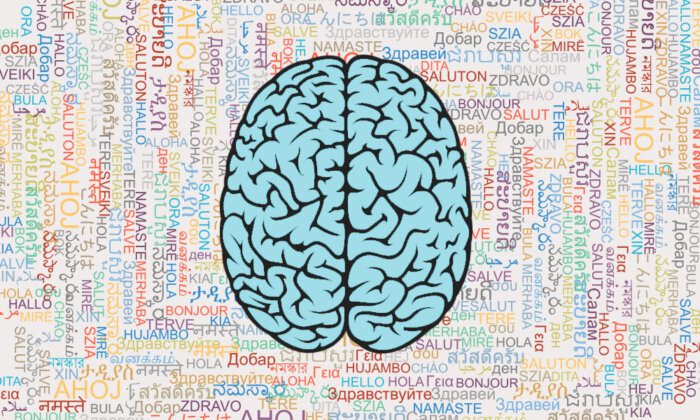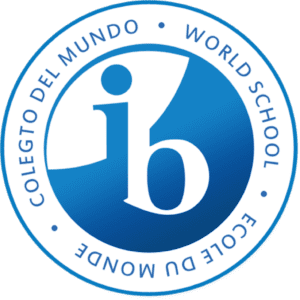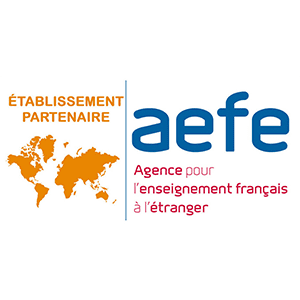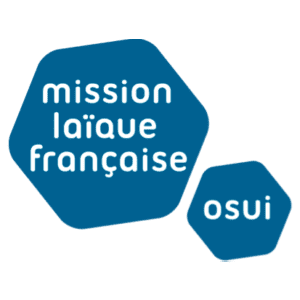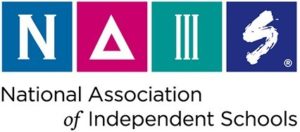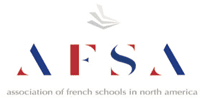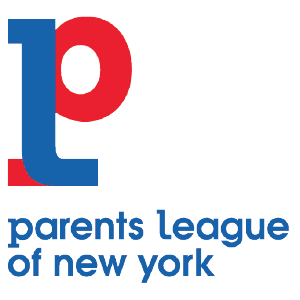How Does Language Learning Affect Brain Development in Children?
Raising a child who is bilingual may seem like a daunting task. Maybe you learned a second language as an adult and you remember how difficult it was for you, or maybe you aren’t sure if a child is capable of picking up the intricacies of two separate languages. You may not realize that a young child’s brain is vastly different from an adult’s brain. Research tells us that, not only are children great at learning and retaining new languages, but learning multiple languages earlier in life actually has a greater overall cognitive effect than learning them as an adult, and not just with future language acquisition.
Languages Make the Brain More Adaptable
In “The Cognitive Benefits of Being Bilingual” by Viorica Marian, Ph.D. and Anthony Shook, they discuss how children as young as seven months old benefit from being raised in a bilingual environment. This might seem shocking to many, as children haven’t yet acquired verbal language skills at that age. However, being exposed to multiple languages helps infants “better adjust to environmental changes,” and the benefits continue throughout their life as “the bilingual brain can have better attention and task-switching capacities than the monolingual brain”. In short, learning multiple languages helps your brain learn how to effectively change gears, conform to new or unusual situations, and function well in new environments.
Bilingualism Keeps the Brain Healthy in Old Age
Isn’t the brain amazing? Communicating in a new language is exciting, but there are so many additional benefits to language learning just for your brain. The benefits of bilingualism for brain development extend into old age as well. According to Marian and Shook, “bilingual seniors can experience less cognitive decline”. Learning a new language now can help you retain your brain power later in life, and the same applies to your child.
Bilingualism Can Help in Your Child’s Career
Early second language education will help your child both now and in the future. According to Time.com, bilingual job candidates can earn about 2% more than their monolingual counterparts. Knowing a second language also makes you a better candidate for business travel, which enables you to take better advantage of paid business trips. The perks of learning a second language extend into many other aspects of life.
How Can Parents Help Teach their Children Learn?
In addition to choosing an excellent school for your child to attend, you can also be a major driving force in your child’s language acquisition. Incorporating a second language at home, combined with the instruction your child receives at school, will greatly improve the speed of language acquisition. This article from PBS.org has some excellent suggestions for teaching your children at home, and you will benefit as well! Learning a second language with your child can be an enriching experience for you both!
Finding a school that incorporates a bilingual curriculum for young children is a challenge. Many schools don’t begin teaching a second language until high school, which is well into a child’s academic career, or, at a young age, they teach the language in insolation, for twenty or so minutes a day, which is not effective enough for language acquisition. At Tessa International School, we understand how important it is to provide a solid foundation for bilingualism early in life. This is why we teach 80% of the school day in a second language (Spanish, French or Mandarin) from preschool. Your child’s brain is at a point where it can easily begin to acquire a second language, and we want to see all of our students succeed in language, academics, and in their personal lives as they grow.
If you’re ready to help your child get on the path to being bilingual, please contact us for more information about our school, what we stand for, and how to enroll your child today.


